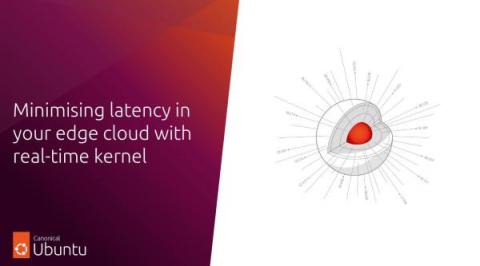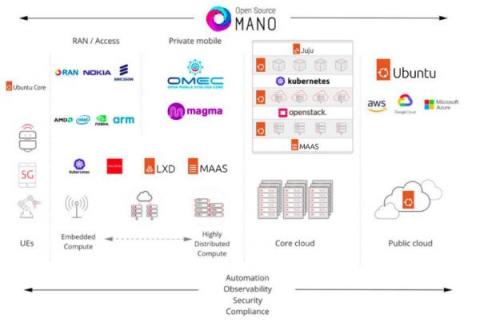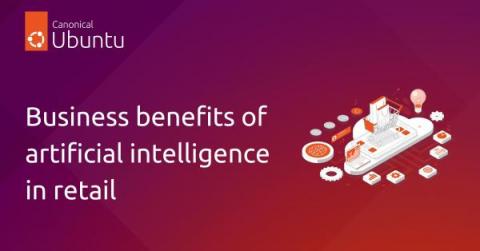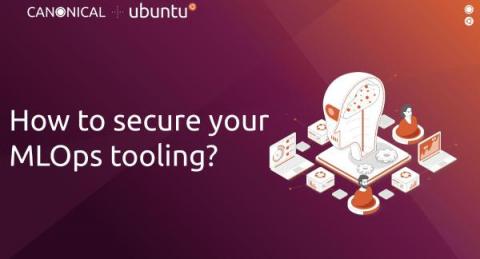Canonical extends its commercial OpenStack offering to small-scale cloud environments with project Sunbeam
June 13, Vancouver, OpenInfra Summit – Canonical today announced the extension of its commercial OpenStack offering to small-scale cloud environments with a new project Sunbeam. The project is 100% open source and is available free-of-charge. Early adopters can also opt-in for comprehensive security coverage and full commercial support under the Ubuntu Pro + Support subscriptions once they complete the deployment themselves.











